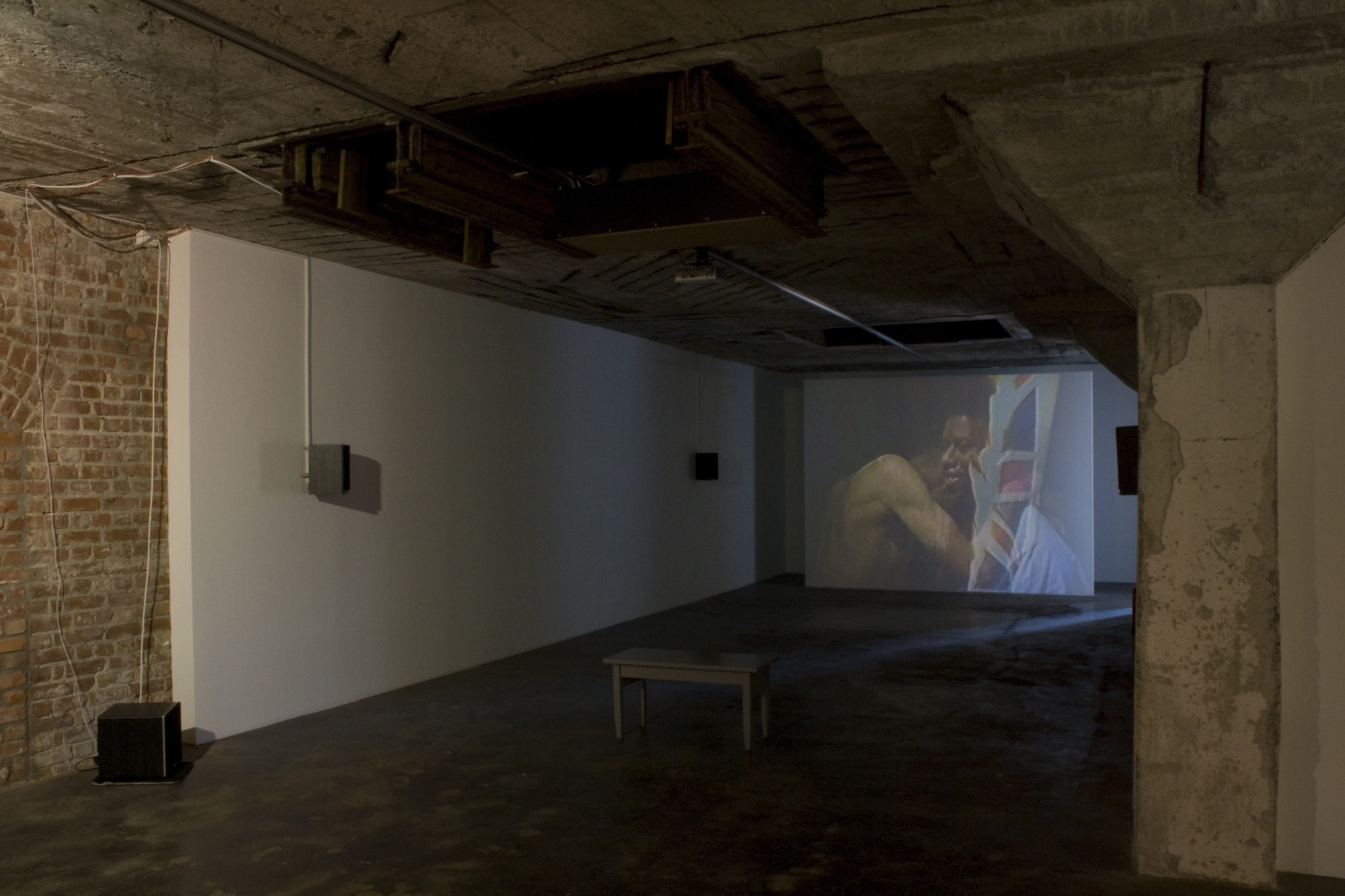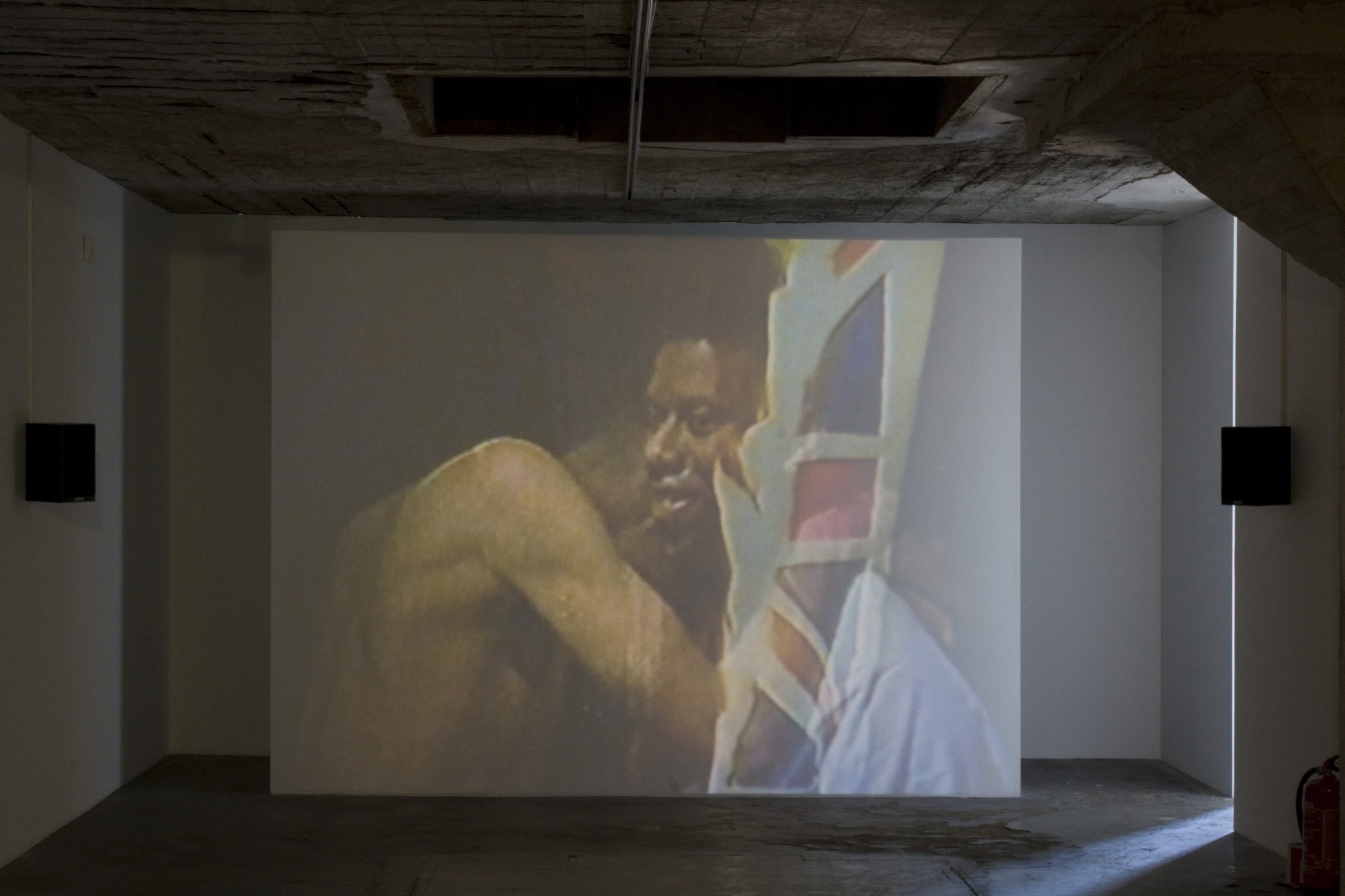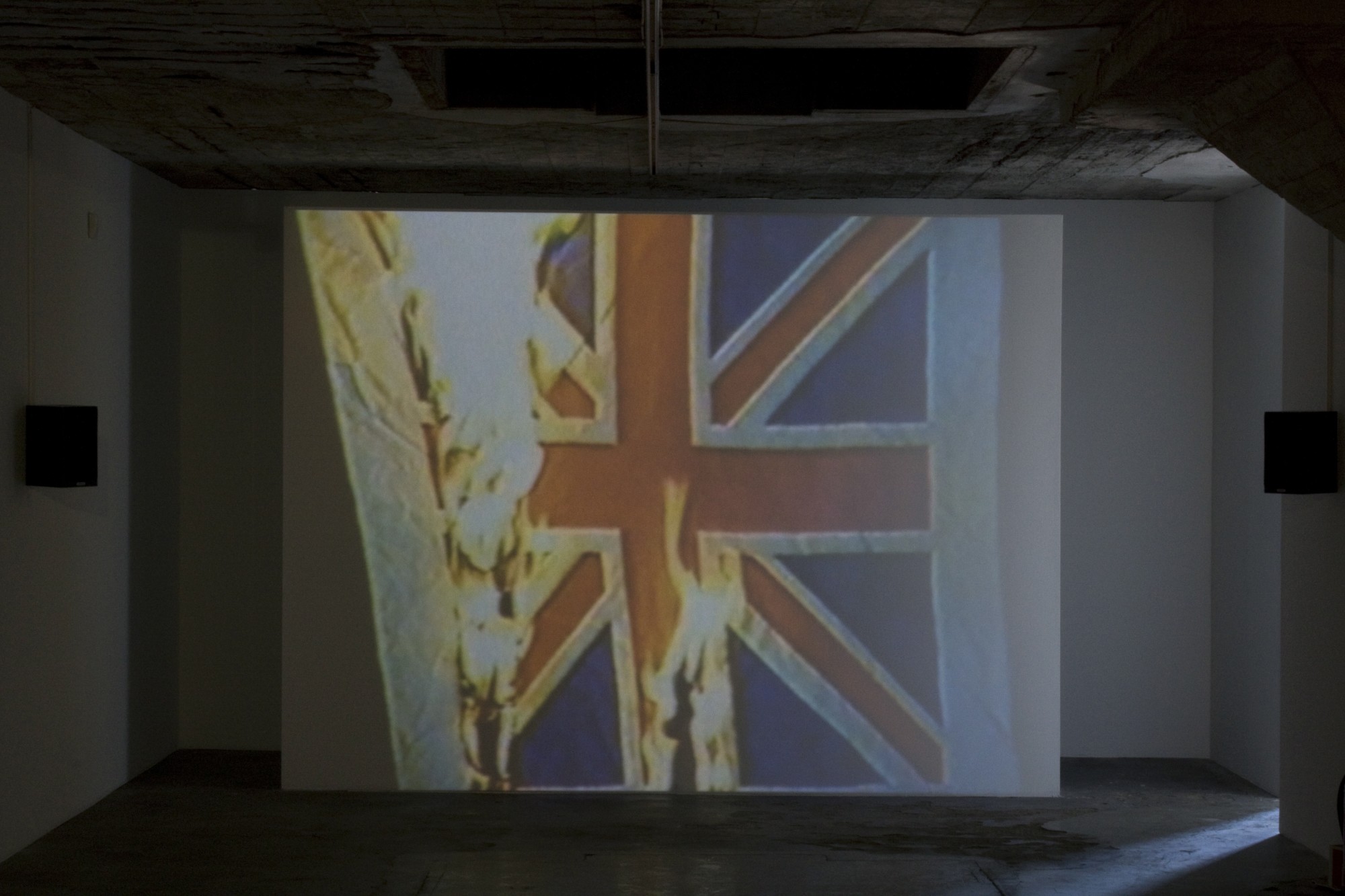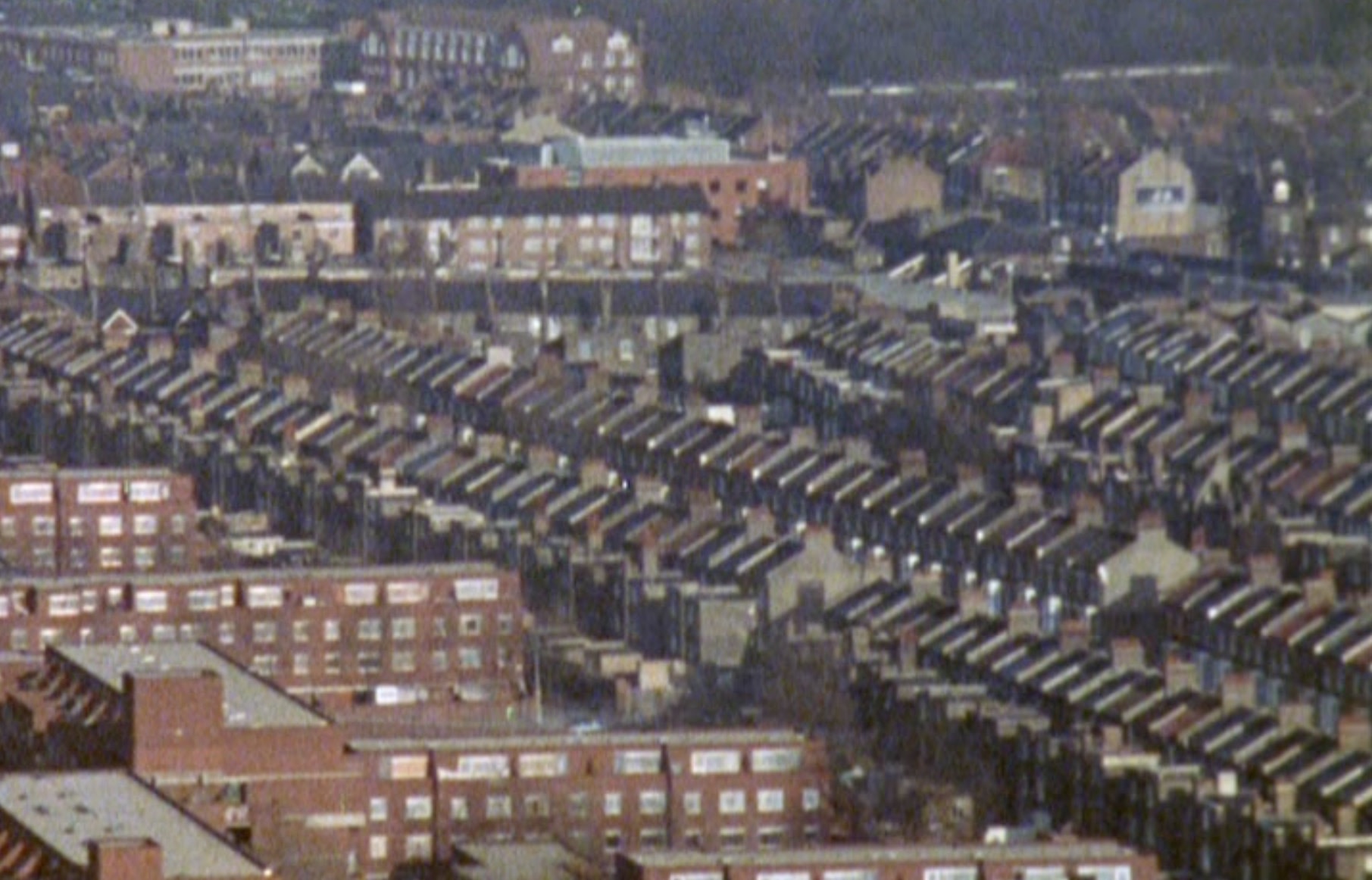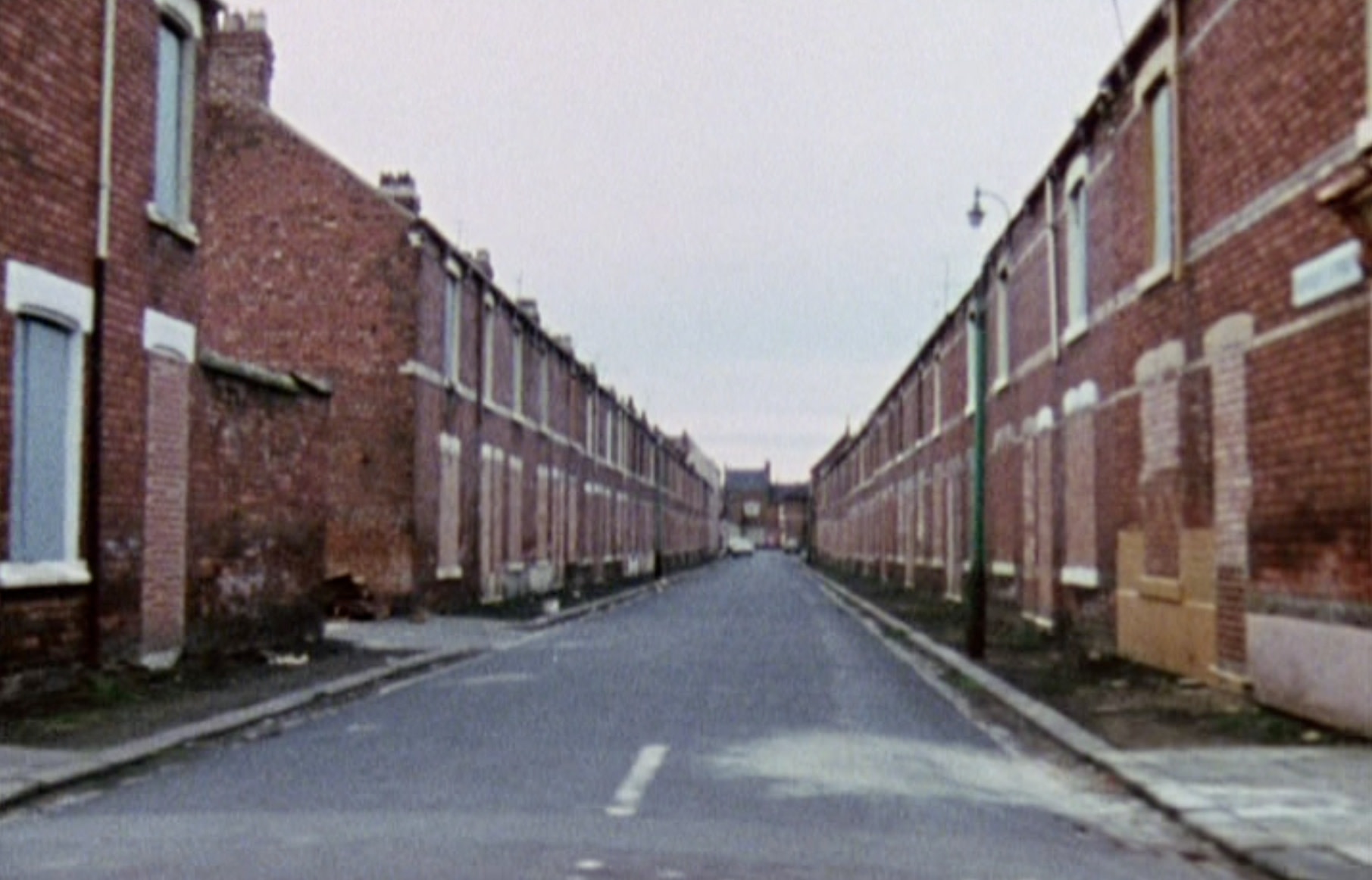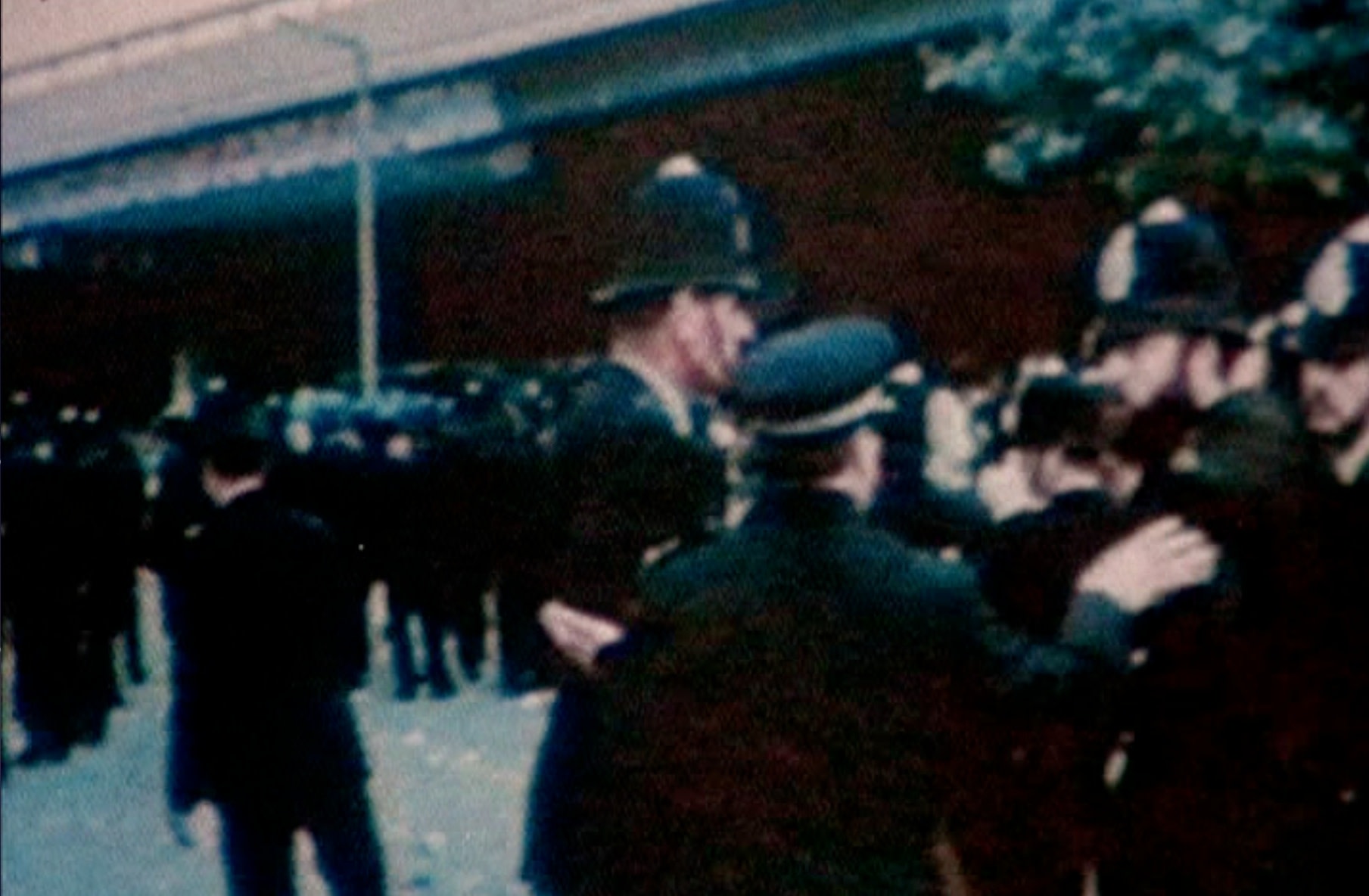Isaac Julien's Territories uses experimental forms to look at life in Britain in 1984, focusing on the experience of the Black British.
The film recognises that the different power dynamics that determine this experience are difficult to reduce to straightforward explanations and instead uses the term 'territories' to reflect the multiple agendas and experiences at work. These agendas - or 'territories' - involve race, class and sexuality.
The film explores these ideas in different ways. In part one it considers the example of carnival, noting how mainstream culture reduces this complex cultural event by labeling it as a remainder or reminder of an ancient retrogressive custom. Julien's film instead suggests that carnival provides an opportunity for the issues of race and class to be worked through and explored by the carnival participants on each and every occasion. This point is illustrated with a brief history of the Notting Hill Carnival, including a series of police clashes in the carnivals of 1976 and in the year of the film's production. Another example is the implementation of compulsory police passes for carnival-goers - here ideological restrictions are turned into physical limitations. (Similar feelings were explored in the contemporary documentary 'Struggles for Black Community: Ladbroke Grove/Notting Hill', People to People, Channel 4, tx. 29/8/1984.)
The film reinforces its message by breaking up its own narrative through change and repetition, and by acknowledging both racial and sexual perspectives. It presents images of two black men giving loving embraces, refers to the 'his-stories' and 'her-stories' contained in history and has both a man and a woman deliver the same narration. This identification of different perspectives breaks the monologue of a male dominated history and emphasises the conflict of voices that make up the world in which we live. The matter of gender also disrupts the male 'territories' of the film's director.
A similar effect is created through the mixing of sound and image, both in their own realms and with each other. In the second part of the film, different images, including archival footage, plus different music, are repeated and cut against each other, like a DJ mixing records, to fracture the monolithic colonising voice. This self-referential juxtaposition also illustrates the supportive role of film in the agendas of race, class and sexuality. In this respect, Territories identifies and critiques the fact that language itself also carries 'territories' or agendas.
Will Fowler for BFI Screen-online
25'45'', 16mm film, colour, sound


